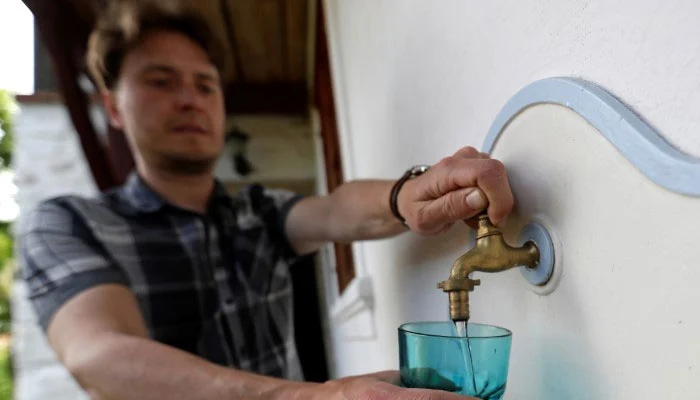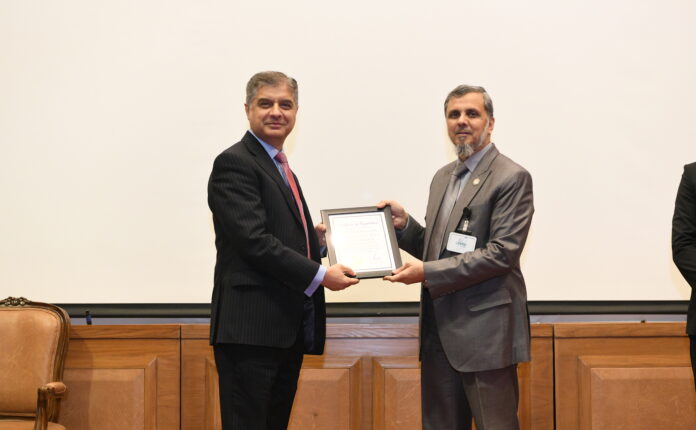Staying optimally hydrated may be more nuanced than the ubiquitous eight-glass-a-day advice suggests, as experts weigh in to debunk myths and offer tailored insights on water intake based on factors such as gender, age, activity level and location, Yahoo Life reported.
While the American College of Sports Medicine recommends around 60 ounces per day, individual needs vary.
Clinical nutritionist Josh Ax suggests a more personalized approach that targets 25 to 50% of body weight in ounces. However, this calculation assumes a diet rich in hydrating fruits and vegetables. For those who do not have such dietary elements, additional water intake is recommended.
For exercise enthusiasts, pre-workout hydration is essential. ACSM recommends 17 ounces two hours before exercise, allowing time for both hydration and a bathroom break. After exercise, aiming for one or two cups of water per pound of sweat weight loss ensures proper rehydration.
Waiting until you’re thirsty can hinder performance, with even a one percent weight loss due to dehydration having an impact on muscle fatigue. Senior exercise physiologist Heather Milton emphasizes the importance of maintaining proper hydration levels for optimal physical function.
Also read: Pakistan to host ‘Global Health Security Summit 2024’
Longer duration exercise may require alternatives to clean water. Nutritionist Leah Silberman recommends powders, sports drinks, or electrolyte-infused water to support muscle function, blood pressure, and cell integrity. However, it is essential to avoid high sugar variants.
While timing may not be critical for everyone, nutritionist Josh Ax advises paying attention to water consumption during waking, sleeping and meal times. Avoiding water during meals can prevent dilution of stomach acid and aid digestion.
To make hydration more enjoyable, fruit infusers like lemon or cucumber can add flavor. Seltzer, coffee and milk contribute to fluid intake, but water remains essential for metabolic processes.
Utilizing hydration apps like Waterlogged or habit-building apps like Spar can help individuals stay accountable and create a consistent water drinking routine.







